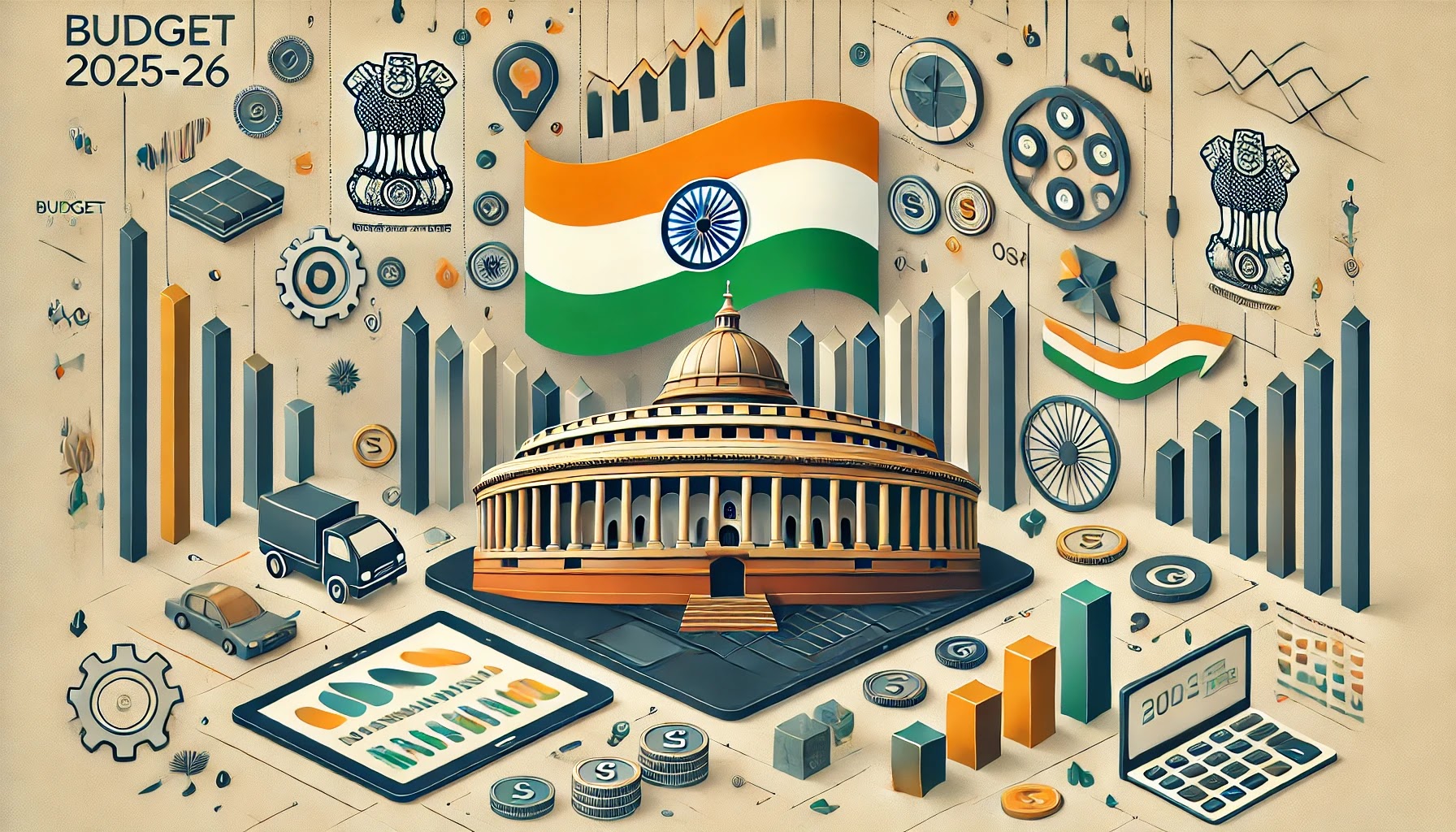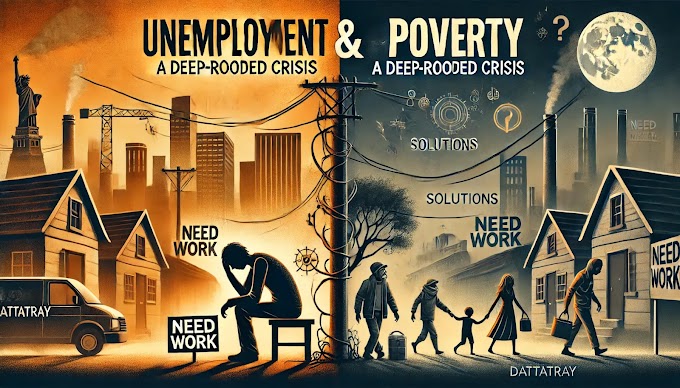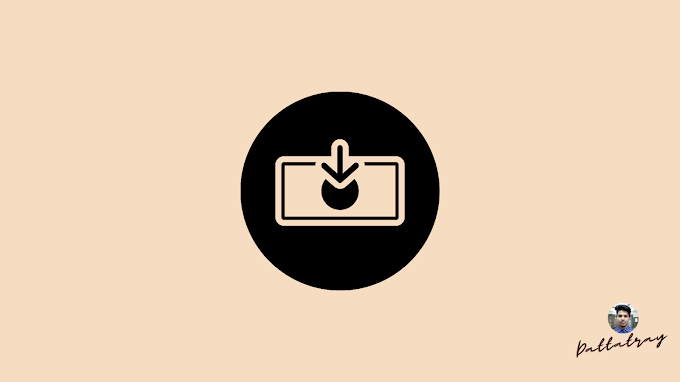Inflation and Its Impact on the Economy: Unraveling the Phenomenon
Introduction:
Inflation is a pervasive economic concept that affects the daily lives of individuals and shapes the overall health of an economy. Understanding inflation and its impact is essential for policymakers, businesses, and individuals alike. This article delves into the concept of inflation, its causes, consequences, and strategies to mitigate its adverse effects.
Defining Inflation:
Inflation refers to the sustained increase in the general price level of goods and services in an economy over a period of time. When inflation occurs, each unit of currency buys fewer goods and services, eroding the purchasing power of money. Central banks and economists generally aim to maintain stable and moderate inflation rates to promote economic growth and stability.
Causes of Inflation:
Inflation can be triggered by various factors, including:
a) Demand-Pull Inflation:
This type of inflation occurs when aggregate demand exceeds aggregate supply. When consumers have higher disposable income, they increase their spending, causing prices to rise due to excess demand.
b) Cost-Push Inflation:
Rising production costs, such as wages, raw materials, or energy, can lead to cost-push inflation. Producers pass these increased costs onto consumers in the form of higher prices.
c) Monetary Inflation:
An increase in the money supply relative to the available goods and services can lead to monetary inflation. Excessive money supply without corresponding economic growth can cause the value of money to decrease.
Impact on Consumers:
Inflation affects consumers' purchasing power, altering their ability to buy goods and services. When prices rise faster than wages, consumers may experience a decline in their standard of living. This phenomenon can particularly impact vulnerable populations, such as low-income earners and fixed-income retirees, making it challenging for them to afford essential goods.
Impact on Savings and Investments:
Inflation can erode the value of savings and investments. When inflation outpaces the interest earned on savings accounts or fixed-rate investments, the real value of these funds diminishes over time. To preserve the purchasing power of their savings, individuals may need to seek investment options that outpace inflation.
Impact on Businesses:
Businesses face challenges during periods of high inflation. Rising production costs, driven by increased wages and raw material prices, can squeeze profit margins. Additionally, uncertainty about future inflation rates may deter businesses from making long-term investments or expanding operations.
Impact on Government and Fiscal Policy:
Inflation affects government finances and fiscal policy. High inflation can lead to increased government spending as nominal costs rise. Additionally, inflation may influence taxation policies and budget allocations to maintain economic stability.
Strategies to Mitigate Inflation:
Central banks play a crucial role in managing inflation. Through monetary policy, central banks use tools like interest rates and open market operations to control the money supply and influence inflation rates. If inflation rises above a target range, central banks may raise interest rates to reduce borrowing and spending, thereby curbing demand-pull inflation.
Additionally, governments can implement fiscal policies to address inflation. These may include targeted subsidies, price controls on essential goods, or investment in infrastructure to improve supply chains and production efficiency.
Conclusion:
Inflation is an inevitable economic phenomenon that significantly impacts individuals, businesses, and governments. Understanding its causes and effects is essential for making informed financial decisions and crafting effective economic policies. Striking a balance between maintaining stable inflation rates and promoting economic growth remains a delicate task for policymakers. As individuals, being aware of inflation's impact can help us prepare for potential fluctuations in the cost of living and safeguard our financial well-being. With prudent monetary and fiscal policies, we can manage inflation and create a more stable and prosperous economy for all.
Thanks For Reading ( Have A Great Week :)
. . .
“Nothing will work unless you do.” ~ Maya Angelou







.png)



.png)

0 Comments